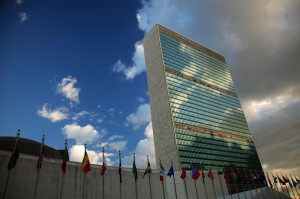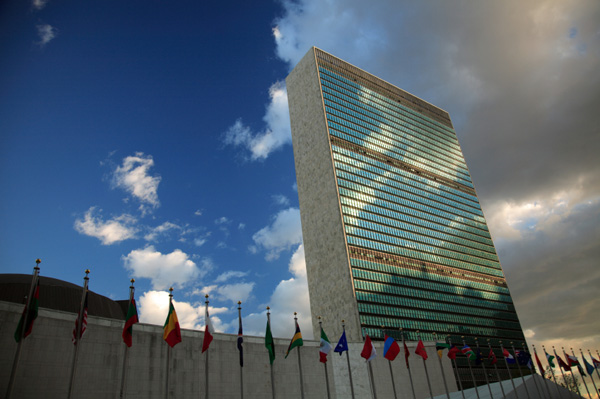
NEW YORK – The United Nations health agency on Thursday called on countries to continue investing in local research as a step towards developing a system of universal and affordable health coverage.
Launching the “World health report 2013: Research for universal health coverage” in Beijing, China, the Director-General of the UN World Health Organization (WHO) called universal coverage “the single most powerful concept that public health has to offer.”
“Universal coverage is the best way to cement the health gains made during the previous decade,” Margaret Chan said, adding that it is a “powerful social equalizer and the ultimate expression of fairness.”
The report shows how countries, when developing a system for universal health coverage, can use research to determine what health issues should be addressed, how a system should be structured and how to measure progress according to their specific health situation.
More than $100 billion is spent annually on health research, with a majority spent on discovery and development of pharmaceutical and biotechnology products, and a smaller proportion on health systems and delivery.
“Research for universal health coverage is not a luxury; rather, it is fundamental to the discovery, development and delivery of interventions that people need to maintain good health,” according to the report.
Domestic investment in research in low- and middle-income countries has been growing an average of 5 per cent each year, WHO highlighted. This trend is most visible in emerging economies such as Brazil, China and India, all of which have embraced the concept of universal health coverage. Meanwhile, research productivity among African countries has increased 26 per cent annually, driven by concern of HIV, tuberculosis and malaria.
The report also showed a rise in international collaborations on health research. From 2000 to 2010, the global share of Chinese researchers as co-publishers rose from five per cent to 13 per cent.
“All nations should be producers as well as consumers of research. The creativity and skill of researchers are the backbone of academic and public health programmes,” said Christopher Dye, lead author of the report and director of the Office of Health Information, HIV/AIDS, Tuberculosis, Malaria and Neglected Tropical Diseases.
“A wide range of basic and applied research studies is essential to reach universal health coverage, but gaps between knowledge and action are being closed very slowly. We need to accelerate the process of bringing scientists and decision-makers together to improve health service coverage.”
In its report, WHO also encourages international donors and national governments to support mechanisms for sharing information and data, to strengthen research training and institutions, and to measure progress against their own commitment to achieving universal health coverage.







